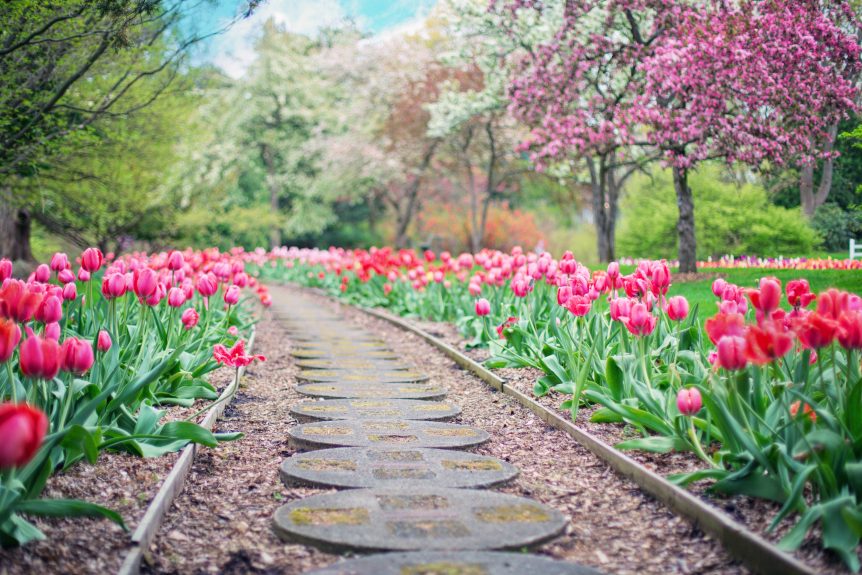The Advantages of Mulching
With every healthy nursery, make sure that the nutrients are going directly to your plants. Oftentimes the bed of your garden will have weeds growing along your plants. Now, while weeding is a common need for maintaining your nursery it’s often better to prevent than to cure. Often times people only act on weeds when they become a visible size. That size takes a number of nutrients to attain and those weeds are stealing those nutrients from your plantation.
Luckily, that is where mulching comes in. There are some advantages of mulching. First, it helps regulate temperature by reducing the amount of sunlight that hits the soil directly. In turn, preserving the soil’s moisture content and keeps it soft for the plants to grow.
Weeds aren’t the only problems one faces during a new plantation. The sun, as much as it’s needed, doesn’t have temperature control. The direct sunlight will eventually dry the soil and cause it to harden and that, in turn, will cause the plants’ problems to grow and spread their roots to find more nutrients.
With every plantation, we need to understand that there are different amounts and types of mulch we can use but eventually they are all necessary to give it the best chance to grow.
Mulching helps to press the soil so that it snuffs out potential weed growth by leaving no room for growth. You just need to make sure to put the correct amount down. This will help our plantation get the greatest nutrients from the soil and grow to its fullest.
To use the advantages of mulching to its fullest potential we need to understand what kind of mulch exists and how best does it aid growth.
There are two categories of Mulch:
- Organic
- Inorganic
Organic Mulch usually consists of grass clippings, leaves, peat moss, wood chips and even more recently, newspapers.
Inorganic includes black plastic, landscape fabric, stone or gravel.
Mulching is both preferential and situational. If you’re not going spend time in the garden on a regular basis then you’ll be fine going with inorganic mulching. It’s a lot less maintenance, but the drawback is that it doesn’t add to the fertilizer count because it doesn’t decompose. On the other hand, if you will visit the garden on the regular, using organic mulch might prove a better alternative, since it adds to the nutrients in the soil when it decomposes and it looks better when used correctly as opposed to the sore thumb sticking out like inorganic mulch. Both have their merits and you can use them interchangeably.
Mulching is always a need for plants that have been newly sowed and is one of the advantages of mulching. This is so that new plants can grow out strong and build lasting roots. Otherwise, the weeds will cannibalize the nutrients for the new plants. Additionally, mulch protects the soil from direct sunlight and creates insulation which helps regulate the temperature year round.
When done right mulching is the best tool to build a thriving plantation right in your backyard or even in a large field because you’re taking control of what your plant is getting from the soil and sun directly.

